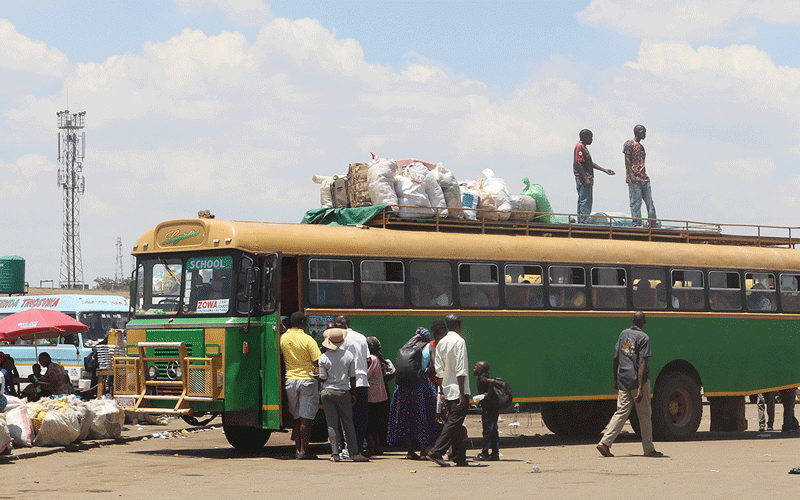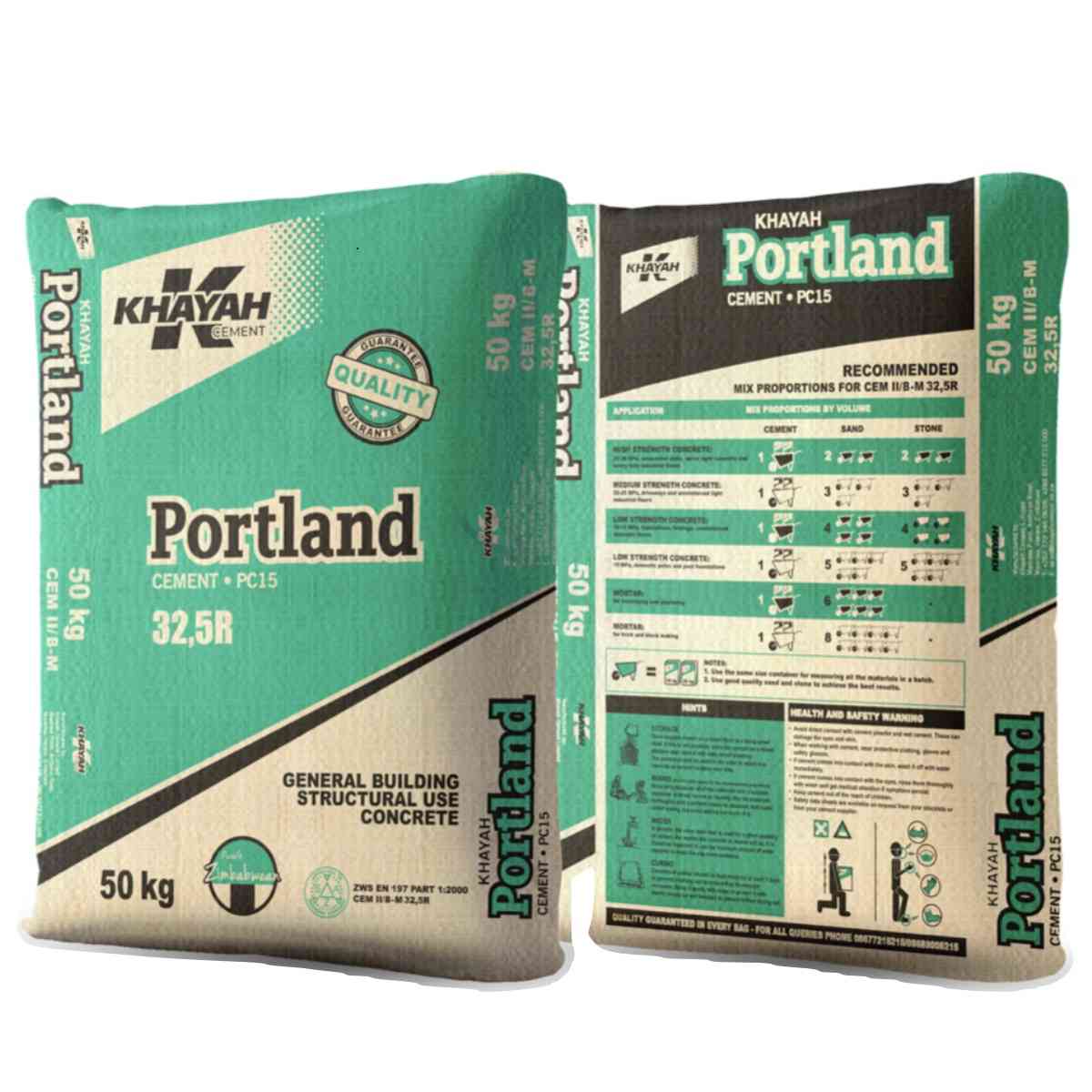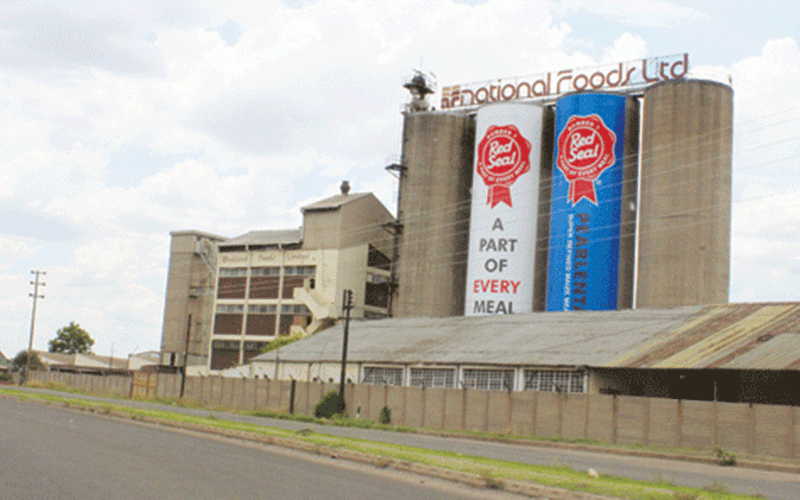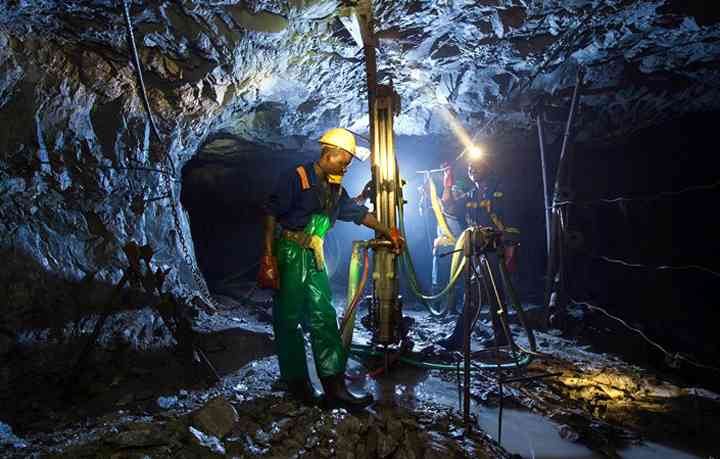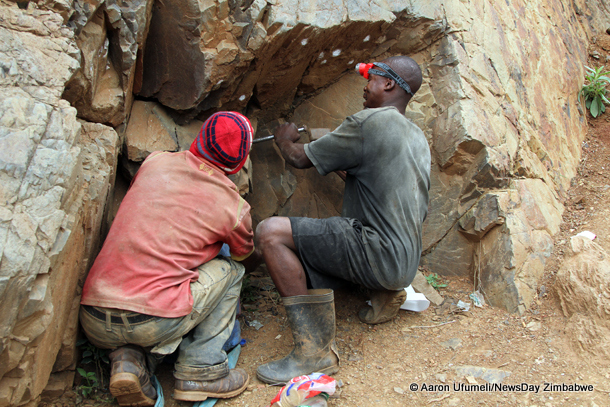
ARTISANAL and smallscale gold miners in Zimbabwe are advocating a “checklist”-style “user-focused” environmental management plan requirement, where miners are closely involved in the process, instead of a more expensive environmental impact assessment (EIA) consultancy report-writing system, a researcher has said.
BY MTHANDAZO NYONI
Sam Spiegel, a lecturer in International Development and Director of Research, Centre of African Studies and University of Edinburgh, who conducted research in Zimbabwe’s artisanal and smallscale gold mining sector in 2005, told NewsDay that the $5 000 EIA charged by the Environmental Management Agency (EMA) was inhibitive for most mining communities.
“One of the major issues articulated by artisanal miners is that it is very difficult and expensive to meet the EIA requirements, as this requires paying a consultant more than $5 000, which is inhibitive for most mining communities,” he said.
He said even when miners could pay the EIA cost to the consultant, EIA consultants had told him during the research that their reports were not necessarily very closely to the on-the-ground impact mitigation strategies in mining communities.

“One very important idea that some artisanal and smallscale gold miners have been arguing for is to have more of a ‘checklist’-style ‘user-focused’ Environmental Management Plan requirement, where miners are closely involved in the process, instead of a more expensive EIA consultancy report-writing system.”
This, according to him, could help to mitigate mercury management challenges.
- Chamisa under fire over US$120K donation
- Mavhunga puts DeMbare into Chibuku quarterfinals
- Pension funds bet on Cabora Bassa oilfields
- Councils defy govt fire tender directive
Keep Reading
He said some countries such as Tanzania and Sierra Leone have had “checklist” style Environmental Management Plans that were tailored for artisanal and smallscale miners.
“This could help to target key practices of mercury management and reduction early on, when miners acquire the licences,” he said.
Meanwhile, Spiegel, together with the Zimbabwe Environment and Mining Institute, will today hold a workshop aimed at informing strategies for managing environmental issues in small-scale gold mining.
The workshop is running under the theme Visualising Artisanal and Smallscale Mining: Environmental Strategies for the Future.
The workshop comes after Zimbabwe, together with 120 other countries, in October 2013 in Japan, signed the Minamata Convention on Mercury to reduce mercury pollution globally.
Signatories are now developing national action plans for artisanal and small-scale gold mining.

